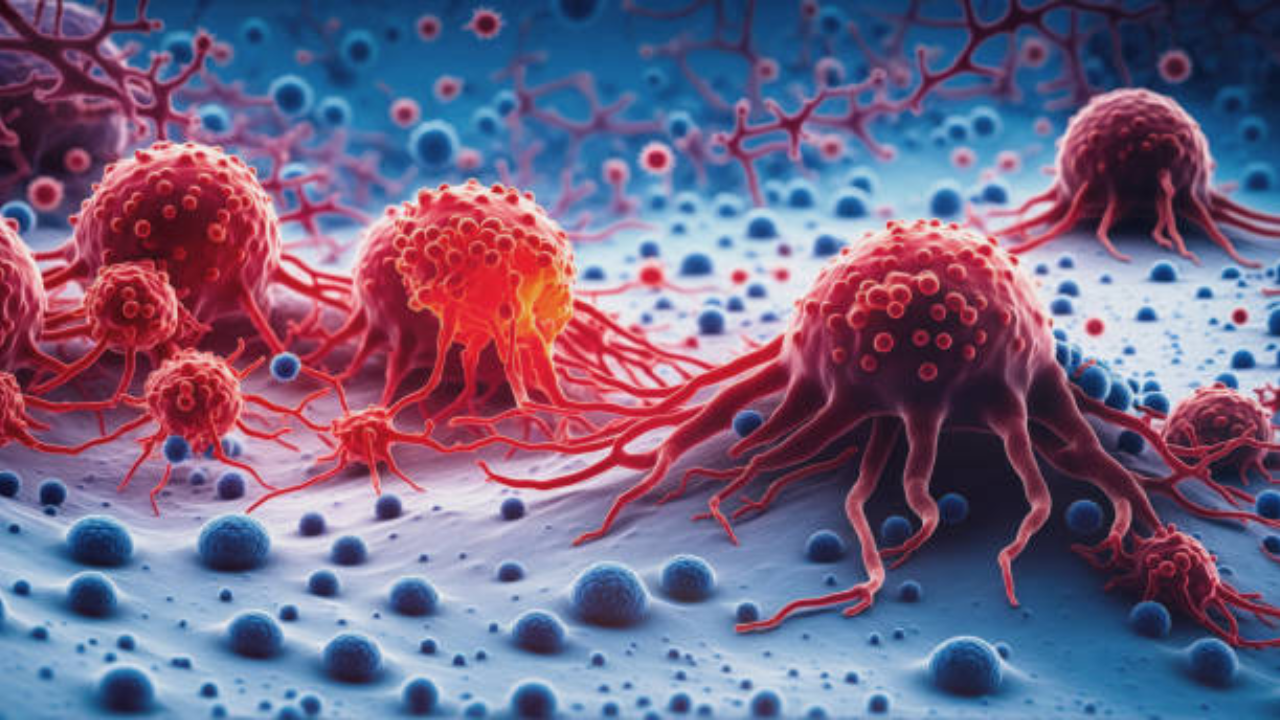Perimenopause is the normal transition period before menopause, typically beginning in a woman’s early to mid-40s, when the ovaries slowly make less estrogen. This phase may last a few years and is characterized by irregular cycles, hot flashes, mood swings, sleep problems, and metabolic changes. It is often thought of as a simple hormonal change, but is a crucial time for early screenings and preventative medical treatment because it also occurs when women are more susceptible to osteoporosis, cardiovascular disease, and many types of cancer.
Here are six ways perimenopause quietly increases cancer risk and how awareness and prompt action can be lifesaving.
